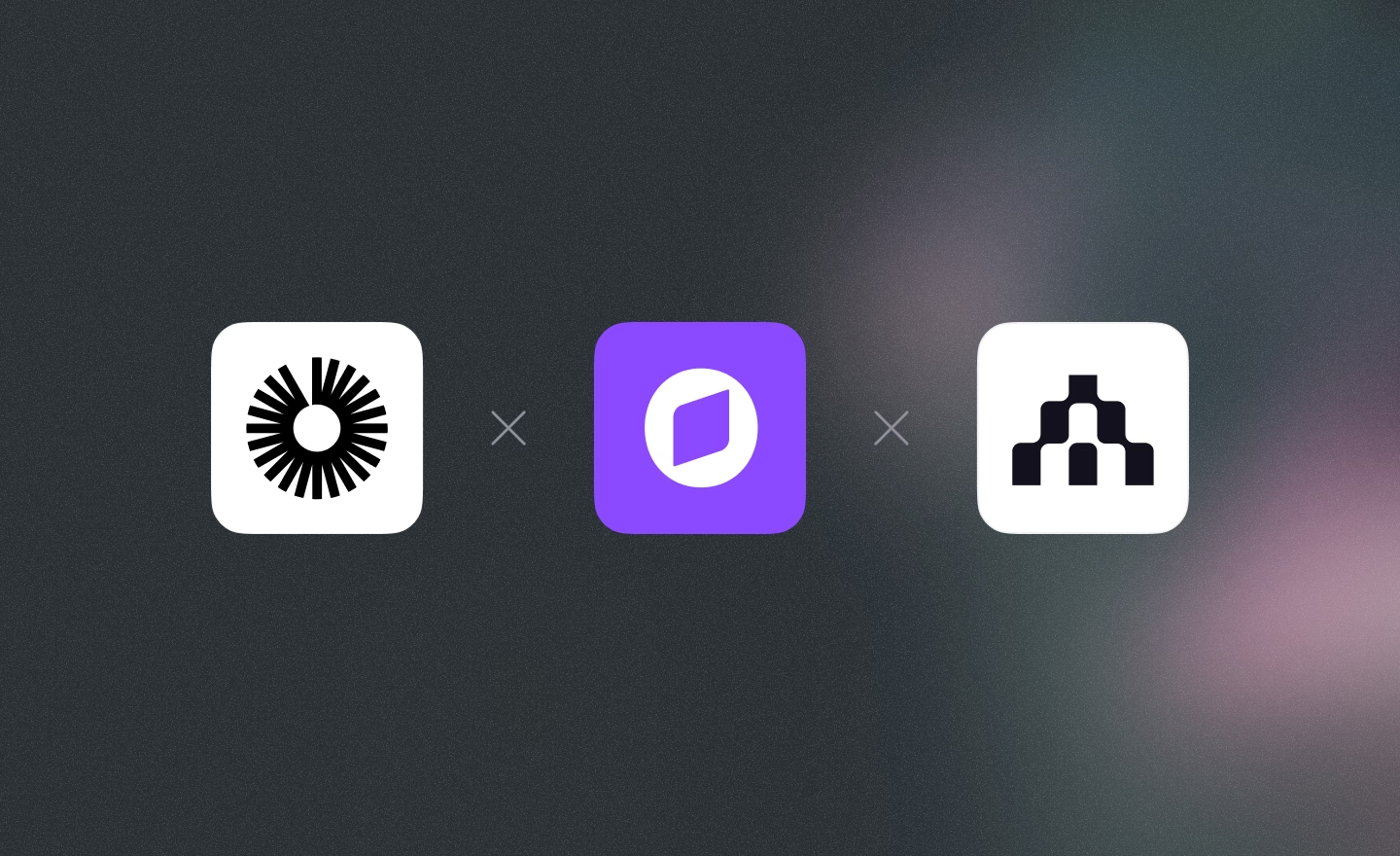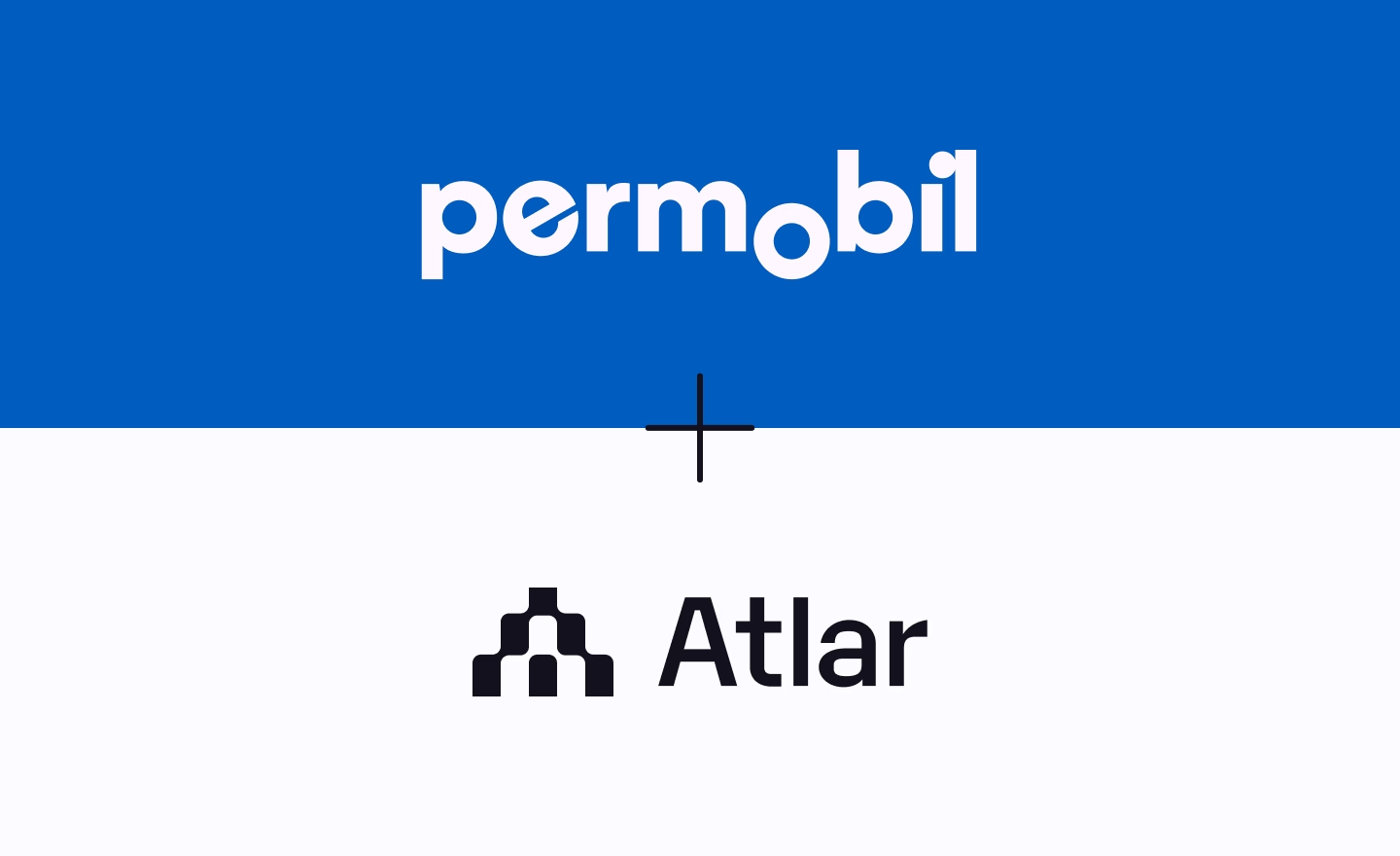
A Guide to Bank Payments in Switzerland
With its strong banking tradition, Switzerland is an international financial hub with a unique domestic payments landscape – one that is currently being modernized with the introduction of Swiss instant payments.
Key facts
- Currency: Swiss franc (SFr.)
- ISO currency code: CHF
- ISO country code: CH
- IBAN example: CH93 0076 2011 6238 5295 7
- Key local schemes: TWINT, LSV+, Business Direct Debit, PostFInance
- Settlement agent: Swiss National Bank
Payment infrastructure
Switzerland has traditionally been more cash-centric than its European neighbours but, like elsewhere in Europe, cash usage is now steadily declining. In 2021, the number of cashless payments surpassed that of cash payments for the first time. Switzerland's retail payments landscape is dominated by cash, card payments, invoice payments, and the mobile payment method TWINT that is used by over 50% of the population.
Swiss Post, the national postal service, has historically dominated Switzerland's payment services and started offering accounts to any firm or private individual as early as 1906. Traditionally, Swiss consumers paid their bills in cash at a local post office using the standardized payment slip attached to each bill. Today, most consumers use an electronic bill (e-bill) scheme or manually enter the payment information in their online banking portal.
As a result, the billing culture in Switzerland is based mainly on credit transfers. Debit instruments like cheques and direct debits have never been widely used: only around 4% of all billing is done using direct debits today, unlike Germany where direct debits account for roughly half of all bill payments. This helps to explain why the overwhelming majority of bank payments in Switzerland take the form of credit transfers.
Swiss banks and PostFinance, the financial services arm of Swiss Post, have been participating in the SEPA Credit Transfer (SCT) scheme since it was introduced in 2008. This means customers can use credit transfers for domestic and cross-border payments in euros through the SCT scheme, as well as through domestic credit transfer system in Swiss francs. Switzerland became a member of the SEPA zone in 2015.
Typically payment services in Switzerland are not charged on a per-transaction basis but are bundled and priced together with other bank services. For consumers, payments made using online banking are typically free of charge.
Bank account numbers in Switzerland
- IBAN format: CHDD AAAA AYYY YYYY YYYY Y
- Country code: CH
- Check digits (D): 93
- Bank code example (A): 00762
- Account number example (Y): 0116 2385 2957
- IBAN example: CH93 0076 2011 6238 5295 7
The use of traditional Swiss bank account numbers and bank addresses has been in decline since the introduction of euro-denominated SEPA credit transfers in 2008, which require an International Bank Account Number (IBAN). The majority of credit transfers in Swiss francs now also use an IBAN, and Swiss banks assign an IBAN to each of their customer accounts.
In Switzerland, IBANs consist of 21 characters and are formatted as CHDD AAAA AYYY YYYY Y. The first four characters include the ISO country code and check digits (D), used for validation purposes. The following five digits are the bank code or identifier (A), known as the Swiss Bank Clearing Number (BCN). The remaining twelve digits represent the actual account number.

Clearing and settlement
In 2008, three Swiss financial infrastructure providers merged to form SIX Group, an entity owned by over 150 domestic and foreign banks that today provides most of Switzerland's financial infrastructure services. SIX Group owns and operates Swiss Interbank Clearing (SIC), Switzerland's central electronic payment system.
SIC is used by Swiss banks to settle both high-value transactions and retail payments in Swiss francs. Despite including the word 'clearing' in its name, SIC is in fact a payment system providing final settlement for payments in real time and on a gross basis. SIC is operated by SIX Group on behalf of the Swiss National Bank (SNB), which in turn acts as the settlement agent.
PostFinance, the financial services unit of Swiss Post, was founded in 1906 and remains a key provider of payment services in Switzerland despite not holding a banking license. Historically, PostFinance settled most transactions through its own network and payment system. Between 2017 and 2021, though, PostFinance integrated its bilateral payment system with that of SIC in order to streamline payment processing in Switzerland.
Switzerland uses the Swiss franc, not the euro, but its domestic credit transfer scheme accepts payments in both Swiss francs and euros. In order to use Switzerland's domestic schemes, payments must be sent in Swiss francs or euros between accounts domiciled in Switzerland. If you're interested in recommendations for local or international banks with a Swiss branch, get in touch with us here.
Is Switzerland part of the SEPA zone?
Though it's not a member of the European Union or the European Economic Area (EEA), Switzerland has been a member of the Single Euro Payments Area (SEPA) since 2015. Payment instructions and banking transactions in Switzerland are therefore similar to other EU countries within the SEPA zone. SEPA transfers to Switzerland are usually free of charge, though some banks may charge additional fees and transfers may be subject to currency conversion fees.
Swiss banks have widely supported the SEPA Credit Transfer (SCT) scheme since it was introduced in 2008 and its availability today is close to 100%. The situation is different for direct debits, though. Today only a handful of Swiss banks support either of the SEPA direct debit schemes: Direct Debit Core (SDD Core) and Direct Debit B2B (SDD B2B). This is partly because direct debits are not widely used in Switzerland in general.
In addition, it's worth noting that Switzerland and Liechtenstein have been part of a common economic and monetary area since 1923. The Swiss franc serves as the official currency for both countries.
Payment methods in Switzerland
In Switzerland, various payment types are available for use by individuals and businesses. Credit transfers are the predominant instrument for cashless payments and account for the vast majority of payment volume, largely because Swiss consumers are accustomed to paying all types of bills using credit transfers and debit instruments have never been widely promoted.
Credit transfers
Swiss banks and PostFinance have participated in the SEPA Credit Transfer scheme since January 2008, enabling customers to execute domestic and cross-border SEPA payments in euros.
As for the Swiss domestic credit transfer scheme, payments can be made in both Swiss francs and euros. It is not possible to specify the desired processing time or urgency of the credit transfer – it may take a couple of hours, a day, or even longer depending on when the payment was initiated. Swiss banks do not currently support instant transfers but plan to do so by August 2024 (see below for more information).
E-billing
Many Swiss consumers use an electronic bill (e-bill) service to pay their bills, also known as e-invoicing, with the payment executed as a credit transfer. Both PostFinance and SIX Group offer e-bill services that allow customers to receive bills electronically, provided that the biller has registered with the e-bill platform.
Unlike with direct debits, the customer needs to take action to pay each e-bill and can also change the due date or the amount of the bill. E-billing has grown in popularity in Switzerland since the early 2000s, leading to a decline in both the value and volume of direct debits.
TWINT
Next to more traditional payment methods, TWINT is a widely-used digital wallet in Switzerland that enables users to make payments with their smartphones through a mobile app. The app has achieved significant adoption, with 77% of physical stores and 76% of online shops in the country offering it as a payment method.
With over 5 million active users, TWINT is used by over half of the Swiss population. Currently, payments can only be made in Swiss francs and are limited to businesses and shops within Switzerland.
Direct debits
Direct debits are typically reserved for recurring payments of variable amounts, such as credit card bills and some utility bills. SIX Group offers two direct debit schemes, LSV+ and Business Direct Debit, for private and business customers respectively. PostFinance offers its own scheme, Swiss Direct Debit (CH-DD), which can be used by both private and business customers. Both the Six Group and PostFinance systems can be used to settle recurring payments in Swiss francs or euros.
LSV+
The 'Lastschrift Verfahren' or LSV+ direct debit scheme is intended for businesses that frequently collect payments from consumers in Swiss francs or euros, accommodating both varying and fixed amounts. Unlike Business Direct Debit, it incorporates a right of objection for customers.
To set up an LSV+ direct debit, the debtor is required to complete a debit authorization. Creditors can submit direct debits electronically through an interface such as their online banking portal or to SIX Interbank Clearing directly.
Outstanding bills in the creditor's accounts receivable remain open until the direct debit is paid, and reconciliation occurs automatically based on the reference number provided. Some common use cases for LSV+ include utility payments, insurance premiums, and subscription services.
Debtors can object to a direct debit payment without giving a reason within 30 calendar days after debiting their account. Each transaction must have a unique reference number to ensure proper incoming payment allocation to open accounts receivable entries.
Business Direct Debit
Business Direct Debit (BDD) is a direct debit scheme designed explicitly for transactions without the right of objection. It caters to companies that predominantly collect large payments in Swiss francs or euros from their business customers, frequently following the delivery-versus-payment principle.
As with an LSV+ direct debit, the debtor must provide a debit authorization in advance and creditors can submit direct debits electronically either via online banking or to SIX Interbank Clearing directly.
Swiss Direct Debit
Swiss Direct Debit (CH-DD) is a direct debit scheme offered by PostFinance with two distinct standards aimed at collecting recurring payments from consumers and businesses respectively: Core Direct Debit, or Swiss COR1 Direct Debit, and B2B Direct Debit.
A key difference between these two standards is the debtor's right of objection. Core Direct Debit grants debtors a 30-day objection period, while B2B Direct Debit does not provide any right of objection. Both standards allow for multiple retries in the event that a direct debit is not paid on the due date.
Looking ahead: instant payments and SIC5
Switzerland's payment systems have undergone significant digitalization in recent years as the number of cashless transactions has increased. Yet while instant payment schemes are already a reality in many other countries – take the UK's Faster Payments for example, or SEPA Instant Credit Transfer – Switzerland has been relatively slow in introducing its own domestic version.
This is all about to change thanks to the SIC5 project, which is set to be introduced in August 2024. SIC5 is an expansion of Switzerland's central payment infrastructure, initiated in 2020 by the Swiss National Bank and SIX Interbank Clearing, designed to enable the settlement of payments in Swiss francs in real time.
This means that the payee's account is credited at the same time the payer’s account is debited simultaneously – in less than ten seconds, regardless of the time of day or day of the week. This would enable cashless retail transactions to be processed 24/7, 365 days a year, with the funds being made available for use to the recipient immediately.
In June 2021, the Swiss National Bank decided to make it mandatory for Swiss banks to receive and process instant payments. Switzerland's largest banks must be able to process instant payments by August 2024 with all other banks following suit by 2026. This marks a significant step forward for
How Atlar can help
Integrations with local banks and payment schemes are time-consuming and costly to set up, not to mention the ongoing maintenance. Accessing financial data and managing payments manually is little better, leading to teams wasting hours each week in online banking portals and spreadsheets.
To help businesses save time and preserve resources, Atlar offers end-to-end payment automation over most major payment schemes in Europe through one platform. Businesses can initiate credit transfers, automate direct debit collections, and monitor transactions and balances in real time, letting you track payment statuses to combat returns and refunds.
Switzerland's payments landscape is modernizing fast with the arrival of instant payments. Atlar offers built-in support for real-time payments, letting businesses make the shift to faster settlement painlessly and leverage the full benefits of the new infrastructure.
Get in touch
If your company is looking to automate payments in Switzerland, or more easily access financial data from Swiss banks or PSPs, get in touch with our team to learn more about Atlar's payment and treasury capabilities. You can book a 30-minute demo here.
You can unsubscribe anytime.
Most recent

See Atlar in action.
Enter your work email to watch a live product demo.








